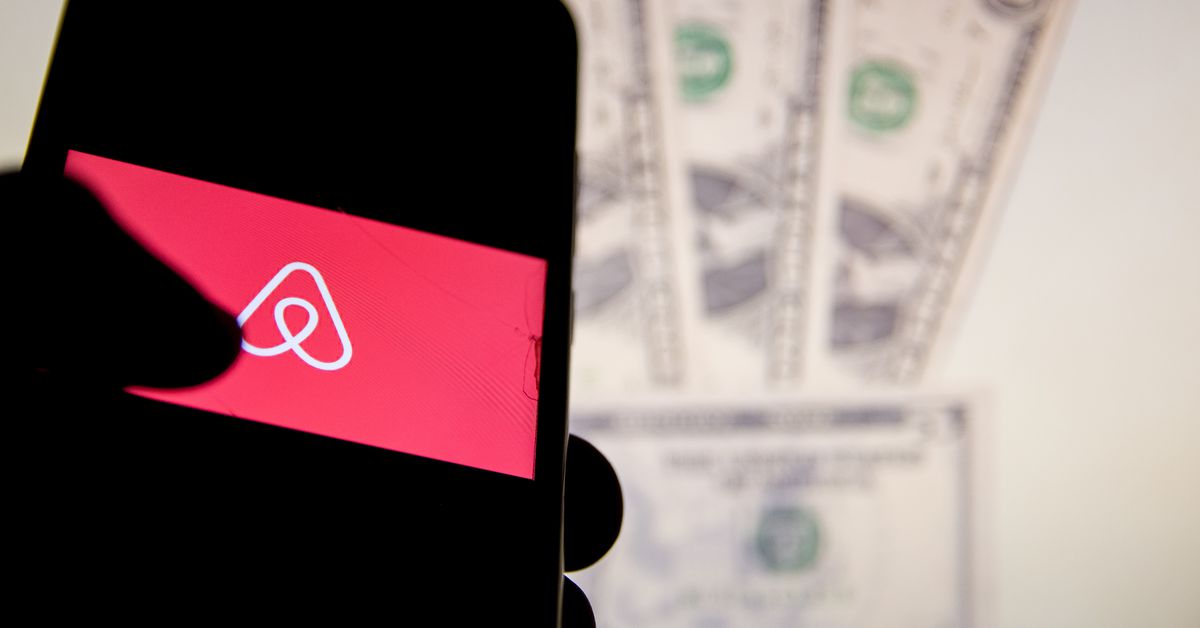Airbnb lost millions in revenue due to the coronavirus, IPO filing reveals - 3 minutes read
 Airbnb filed for an initial public offering on Monday, released its prospectus, and indicated it will trade on the Nasdaq exchange under the ticker symbol ABNB.
Airbnb filed for an initial public offering on Monday, released its prospectus, and indicated it will trade on the Nasdaq exchange under the ticker symbol ABNB.The prospectus gives a deep look at Airbnb’s business, particularly just how hard the platform has been hit by the coronavirus pandemic. As part of the filing, Airbnb says its business will continue to be affected by people scaling back travel as the virus continues to spread. Under risk factors, the company said the pandemic “and the impact of actions to mitigate the Covid-19 pandemic have materially adversely impacted and will continue to materially adversely impact our business, results of operations, and financial condition.”
The company has seen annual net losses every year since its launch and says it may not be able to achieve profitability. It went from a net loss of $70 million in 2017 to a net loss of $674.3 million in 2019, on revenue of $4.81 billion. For the nine months ending on September 30th, it saw a net loss of $696.9 million on revenue of $2.52 billion, compared to a loss of $322.8 billion for the same period last year.
So far in 2020, Airbnb has sold $17.9 billion in gross bookings, a drop of 39 percent from the year prior.
“Our revenue growth rate has slowed, and we expect it to continue to slow in the future,” the company said.
Last quarter, Airbnb had revenues of $1.34 billion, down 19 percent from $1.65 billion in revenue in the year-ago quarter. But it reported $219 million in profit for the third quarter, as its business began to bounce back from the effects of the pandemic travel slowdown.
“In early 2020, as COVID-19 disrupted travel across the world, Airbnb’s business declined significantly,” according to the prospectus. “But within two months, our business model started to rebound even with limited international travel, demonstrating its resilience.” People wanted to get out of their homes, the company added, but didn’t want to stay in hotels. Its domestic travel rebounded quickly and was affected by the number of people opting to work remotely from an Airbnb rather than their homes.
“We believe that the lines between travel and living are blurring, and the global pandemic has accelerated the ability to live anywhere,” the company said.
Airbnb had previously planned to go public in August even though it was in the midst of pandemic-related cancellations, which saw its valuation drop from its 2017 high of $31 billion to around $18 billion. In May, the company laid off about 25 percent of its staff or about 1,900 people. Executive salaries were also reduced for a temporary six-month span.
Also under its risk factors, the company noted that its business model relies on hosts, the homeowners who use the platform to rent their properties. “If we fail to retain existing hosts or add new hosts, or if hosts fail to provide high-quality stays and experiences, our business, results of operations, and financial condition would be materially adversely affected,” Airbnb said, adding that further decline or disruption in travel and hospitality or other economic downturn would “materially adversely affect our business, results of operations, and financial condition.”
Source: The Verge
Powered by NewsAPI.org